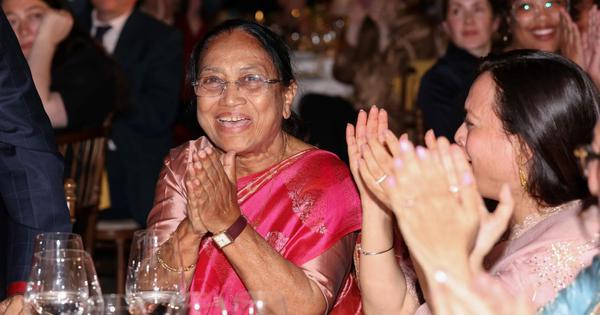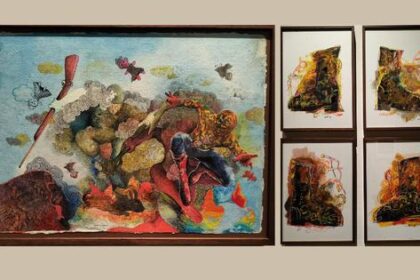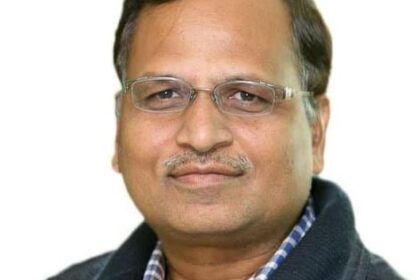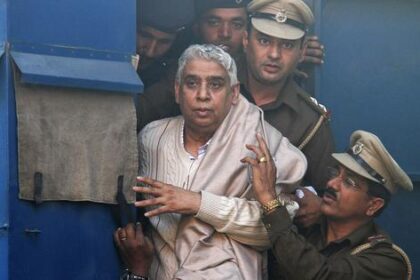Court emphasizes secularism in response to objections regarding writer Banu Mushtaq’s role at state festival.
The Supreme Court has dismissed a petition that challenged a Karnataka High Court decision to uphold the state government’s invitation to writer and activist Banu Mushtaq for the inauguration of the Mysuru Dasara celebrations. The judgment was delivered by a bench consisting of Justices Vikram Nath and Sandeep Mehta.
In its ruling, the bench referred to the Preamble of the Constitution, which emphasizes secularism, and questioned the rationale behind distinguishing between individuals based on their religious affiliations. During the proceedings, the court remarked, “What is the Preamble of this country? This is a state programme … How can the state distinguish between A, B and C?”
Mysuru Dasara is a ten-day state festival that coincides with the Hindu festival of Navratri and culminates on Vijayadashami, or Dussehra. This year, the festivities are scheduled to begin on September 22 and conclude on October 2, with the inauguration taking place at the Chamundi temple in Mysuru.
The controversy surrounding Mushtaq’s invitation arose in August, when certain leaders from the Bharatiya Janata Party (BJP) criticized the Congress-led state government for selecting a writer from a community that they alleged did not adhere to Hindu beliefs. Mushtaq, a Muslim and the winner of the 2025 International Booker Prize, became a focal point of this debate.
Subsequently, three petitions were filed in the Karnataka High Court, including one by BJP leader and former MP Prathap Simha, challenging the writer’s invitation. On September 15, the High Court dismissed these petitions, stating that it was not convinced that a person from a different faith inaugurating a state-organized function would violate the legal or constitutional rights of the petitioners or the values enshrined in the Constitution.
Following the High Court’s ruling, HS Gaurav, representing one of the petitioners, escalated the matter to the Supreme Court. An urgent hearing was requested, and the Chief Justice BR Gavai agreed to address the issue promptly.
During the Supreme Court hearing, Gaurav’s advocate, PB Suresh, articulated two aspects of the event: the inauguration as a secular activity and the ritual puja conducted within the temple premises. He clarified that while there was no objection to Mushtaq’s presence at the inauguration, the puja itself was a different matter altogether. Suresh contended that allowing a non-Hindu to perform the puja was inappropriate.
However, he also acknowledged that conducting a puja inside a temple should not be characterized as a secular act, suggesting that it was a political issue rather than a legal one. The court firmly reiterated its dismissal of the case, questioning how many times the petitioners needed to hear that their challenge was rejected.
In the earlier High Court proceedings, another advocate representing the petitioners had raised concerns about comments made by Mushtaq that were perceived as anti-Kannada. The bench responded by asserting that individuals are entitled to express their opinions within the framework of the Constitution. The High Court emphasized that Mysuru Dasara is a festival that encompasses participation from individuals of all faiths, and the state government defended Mushtaq’s invitation by highlighting her achievements as an International Booker Prize winner.
Mushtaq’s collection of Kannada short stories, Heart Lamp, translated into English by Deepa Bhasthi, made history as the first Kannada book and the second from India and South Asia to win the prestigious International Booker Prize, marking a significant milestone in literary recognition.








